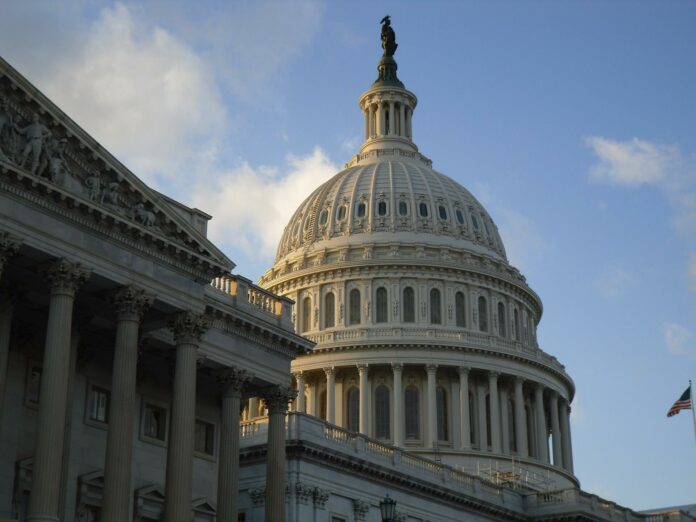
While numerous U.S. states have already passed legislation to abolish the sales tax on precious metal coins and bullions, the issue of income tax has now been taken up on the federal level. In early February 2019, Congressman Alexander Mooney introduced a new bill in the U.S. Congress to exempt gains and losses from the sale of some narrowly-defined coins and bullions from being considered income, and consequently, from being subject to federal taxation.
The “Monetary Metals Tax Neutrality Act of 2019” (H.R.1089) would apply to the gains and losses made from the sale of coins made of gold, silver, platinum or palladium issued by the U.S. Treasury Department and “refined gold or silver bullion, coins, bars, rounds, or ingots which are valued primarily based on their metal content and not their form.”
Currently, the IRS considers precious metals collectibles, which means that the gains from their sale are subject to a tax rate of 28%.
In a next step, the bill must be passed by both the House of Representatives and the Senate. It will then need the approval and signature of the President, before it will become a law. The progress can be tracked online.
The federal legislation is backed by the Sound Money Defense League and Money Metals Exchange.
The Coin Collectors Blog reviewed this and other coin-related bills currently discussed in Congress on March 2, 2019. You can subscribe to the Coin Collectors News and Blog newsletter. If you want to support the great work they do, please visit their website.
Congressman Alexander Mooney represents the 2nd District of West Virginia. The Senate and House of West Virginia passed similar legislation (Bill 502) on February 18, 2019 and March 8, 2019 respectively. It will become effective by July 1, 2019. North Carolina signed a bill to exempt the sale of precious metal coins and bullion from taxation into law in 2017, Alabama became the 37th U.S. state with a sales-tax exemption in early 2018.
An earlier version of this article erroneously referred to a “federal sales tax” rather than an income tax.



